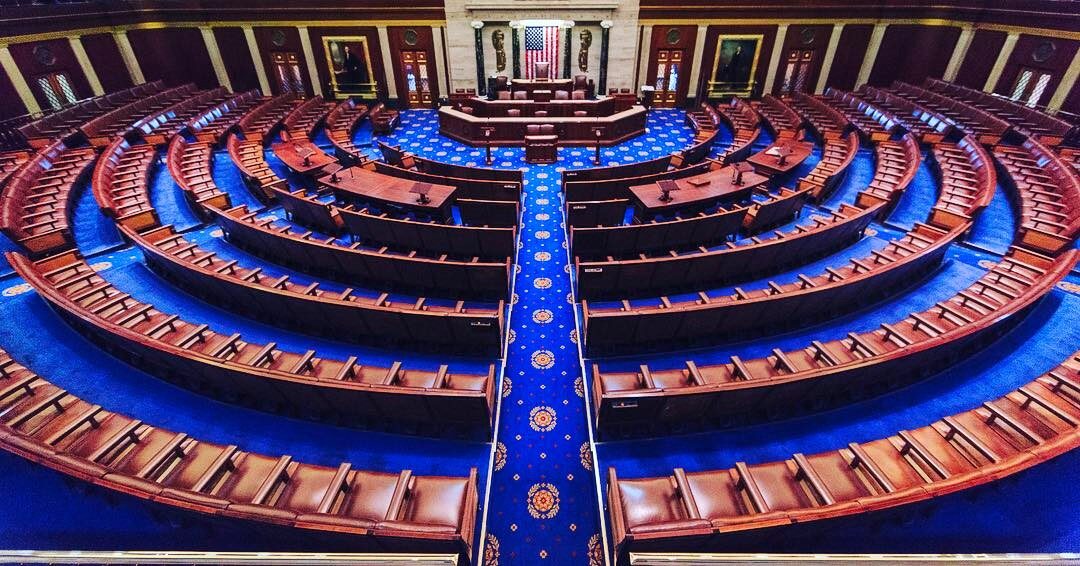If at first you don’t succeed, try again. And again. And again.
Last week the staff of the Michigan Public Service Commission (MPSC) issued a proposed ruling approving in part DTE Energy’s latest rate case. We say in part, due to one notable exception: staff rejected the utility’s proposal to increase its fixed charges on customers, including those who go solar, from the current $7.50 and $11.25 per month.
Higher fixed charges reduce the amount of a customer’s bill that they can eliminate with a PV system under net metering, undermining the economics of rooftop solar. They also allow utilities to continue to bring in more revenue from such customers.
This proposed decision will now go to commissioners for approval. If the rest of the recommendations go forward, this will result in a 9% increase in the rates for the average residential customer, but this also includes $13 million for an EV charging program.
Try again?
This is far from the first time that the commission has rejected DTE Energy’s proposals to up its fixed charges. Per the proposed decision:
In DTE Electric’s last three electric rate cases, the company has advocated for inclusion of at least some demand-related costs, along with customer-related costs, as part of the monthly customer service charge for residential and commercial secondary customers. The Commission has consistently rejected the company’s approach and adopted the method proposed by the Staff. Despite the Commission’s decisions on this issue, the most recent of which occurred less than one year ago, Mr. Lacey again proposed the inclusion of demand-related costs as part of the customer charge. In this regard, DTE Electric should be mindful of its own admonition that parties should not be “forced to respond repeatedly to arguments that have been conclusively resolved, as if the Commission’s prior decisions are meaningless.
As rooftop solar proliferates across the country, utilities have been increasing fixed charges. And while regulators typically don’t give utilities everything that they ask for, they have been successful in many places in slowly ratcheting up such charges. But not apparently in Michigan.
Dark money and non-profits
DTE is also using the non-profit sector to spread its message. Non-profits with strong ties to DTE Energy are running a media campaign arguing that state policy makes customer-owned solar bad for communities of color and the poor. As reported by Renewable Energy World, two of the three board members in Alliance for Michigan Power, Michigan Energy First and Michigan’s Energy Promise are backing DTE’s proposals to cut net metering.
This content is protected by copyright and may not be reused. If you want to cooperate with us and would like to reuse some of our content, please contact: editors@pv-magazine.com.









Honestly, I wish there was NOT such an “either or” position on this. We need to move towards decoupling fixed charges and volumetric energy [&/or services] charges. NEM-based retail rate accounting is not the future of energy, nor of electrification of everything efforts and the sooner DG solar providers can get over themselves and stop pushing their own grown accustomed to BAU thinking, the sooner we can solve our carbon problems. NEM-based retail rate accounting is no more sustainable than are Feed-in Tariffs.
Here is a non-BAU discussion from Hawaii… https://www.facebook.com/terrawatthome/photos/a.1154538787937470/2267974876593850/?type=3&theater
A move towards decoupled fixed and volumetric charges is rational, but the devil is always in the details. We don’t only use rates to reflect costs, we also use them to achieve societal outcomes. Increased fixed charges also dis-incentivize energy efficiency and disproportionately affect low-income customers, which is why they are often opposed not only by solar advocates but ratepayer advocates as well.
I don’t see NEM as the future of energy either, but I don’t see any support for your argument that an end to NEM gets us any closer to solving our carbon problem; in fact I see the opposite, as a stable policy environment and support for distributed solar help us to solve our carbon problems.
For someone who doesn’t work for a utility, you sure seem to echo a lot of their arguments and identify with them, as in your previous comment where you accused me of “throwing _us_ under the bus”.
Utilities have spent a lot of their customers’ money making arguments, both before regulators, in courts and in the press that they should continue to have captive customers and enjoy an 8-10% return on a monopoly, something that other businesses don’t get to do. And I don’t expect that this will last forever.
Finally some folks who understand the actual issues – and agree the answer is not simple. Paying retail rates to the homeowner is too extreme. If I had an apple tree should my local grocer be forced to buy my apples at their retail price?
True cost of service would be a ‘third rail’ for politicians as fixed rates for grandma and low-income, low consumption, households would see rates rise. It would also reduce the efficiency incentive as noted by Christian. I’d like to see utilities offer rooftop panels on a monthly fixed fee like the common cable box.
There is one problem with the apple analogy: you aren’t selling to the grocer. The electricity generated by rooftop PV is used locally, and does not require the transmission lines and other infrastructure that is needed to get power from distant power plants to the end-user.
So this is more like a farmer’s market, whereby an alternative is being created to the large grocer.
There is also the matter of peak shaving, as rooftop PV is coincident with the peak annual electricity demand in the Midwest and almost all regions of the United States, meaning that fewer large power plants need to be online to meet demand. This is why Brookings Institute’s meta-study of state level studies found that retail rate net metering is a net benefit to other ratepayers: https://www.brookings.edu/research/rooftop-solar-net-metering-is-a-net-benefit/